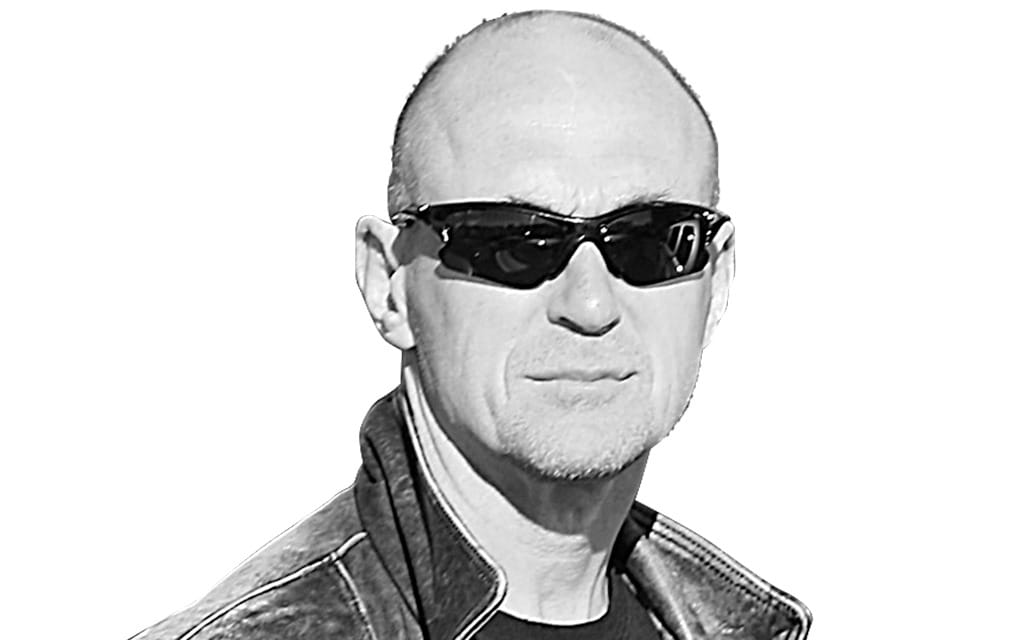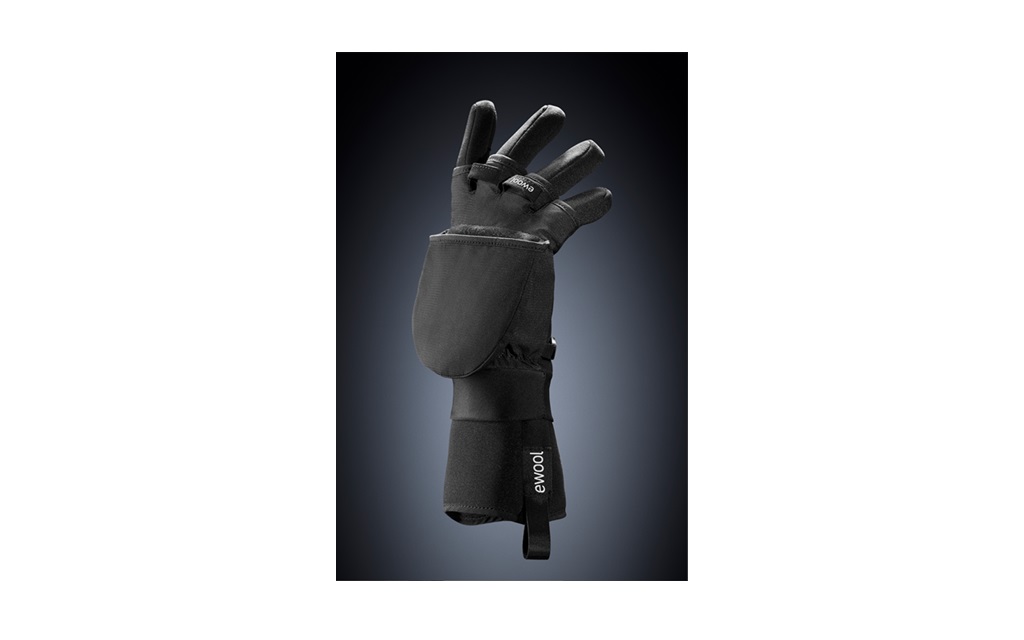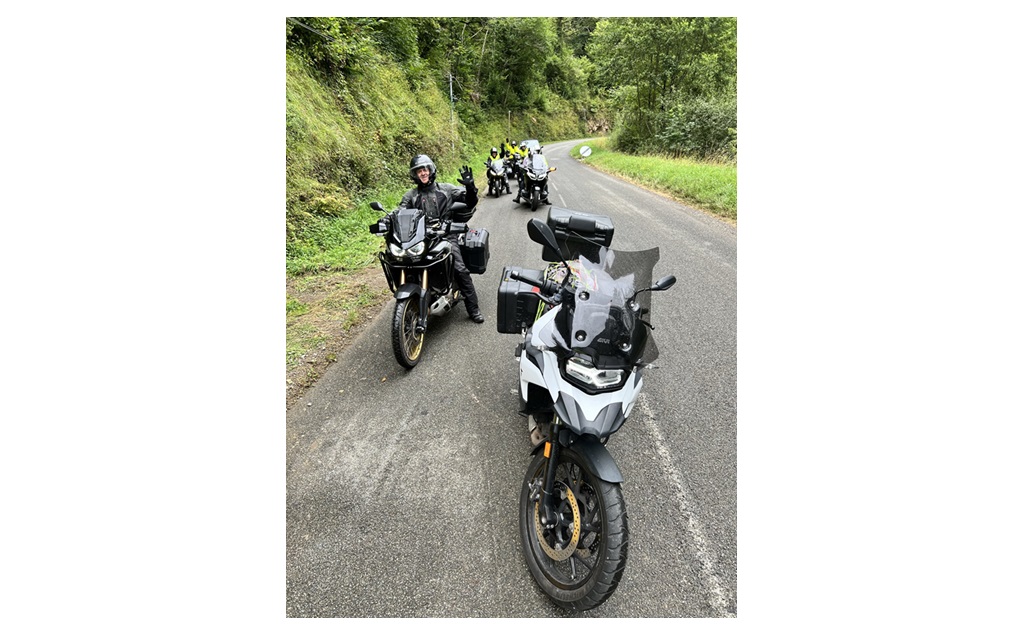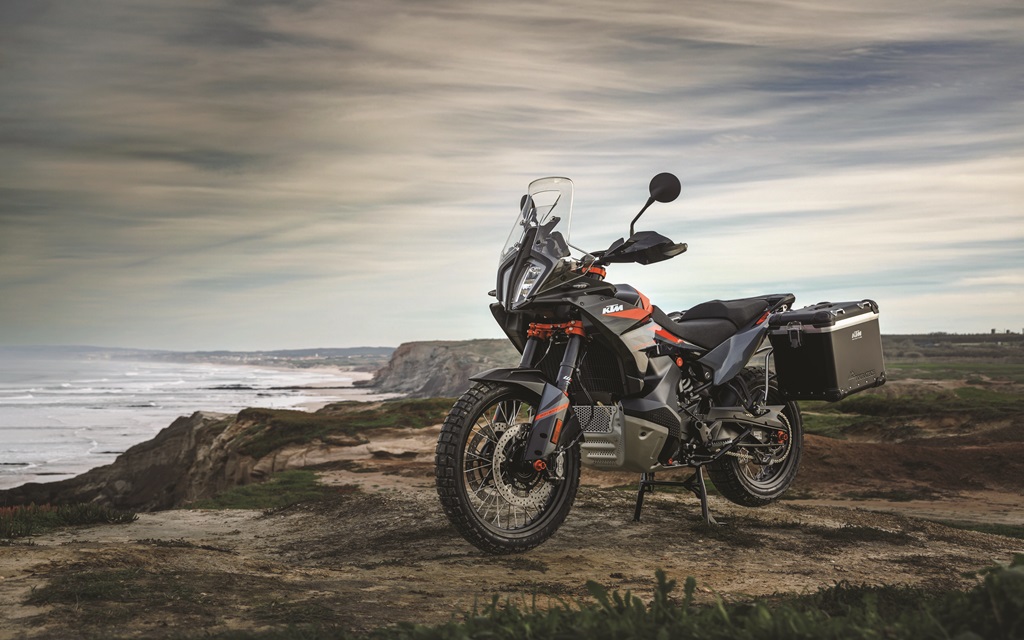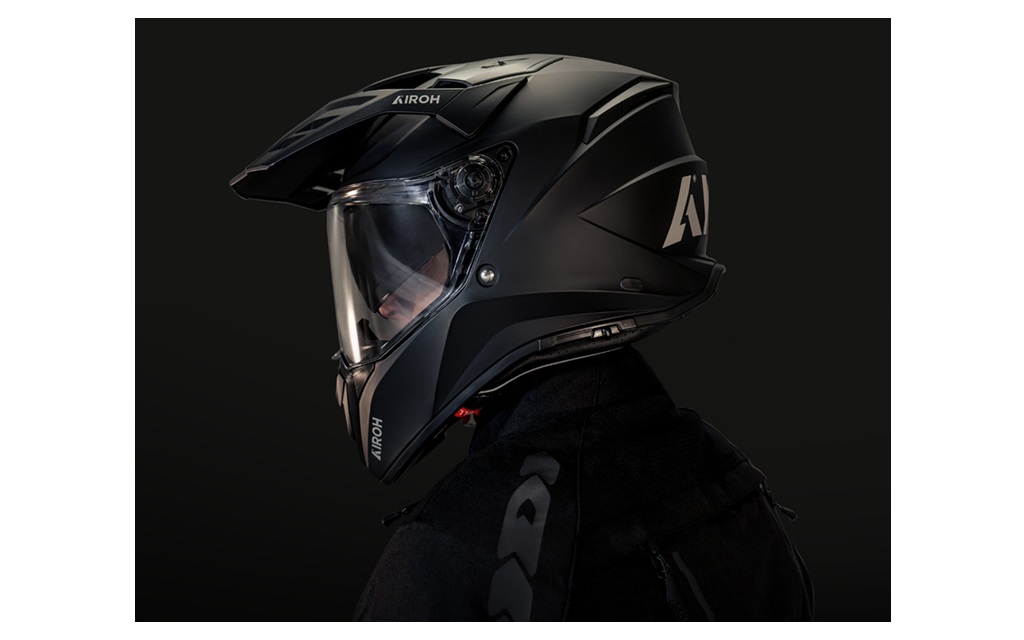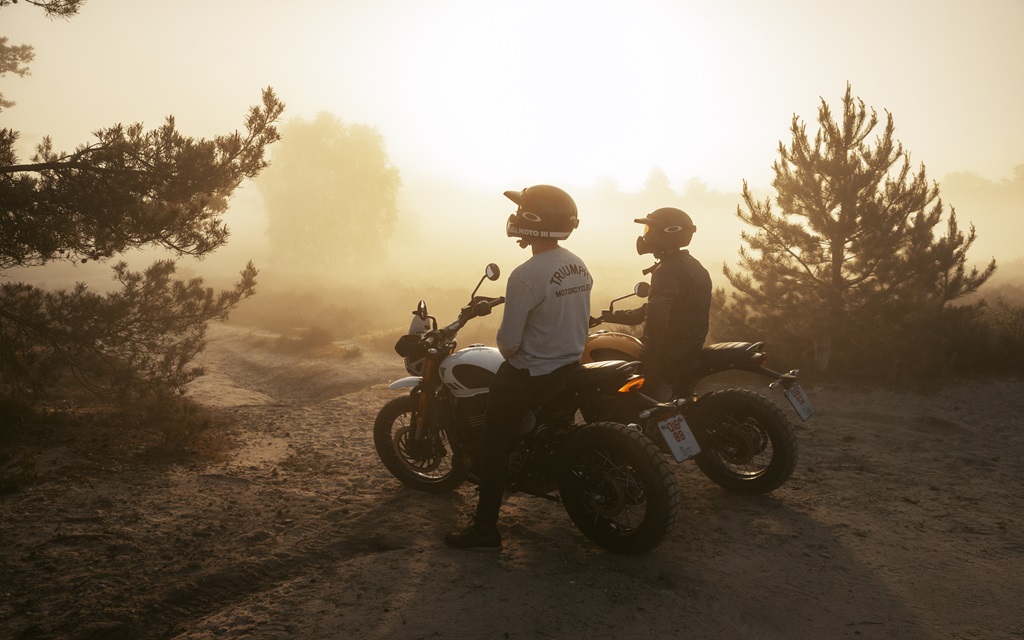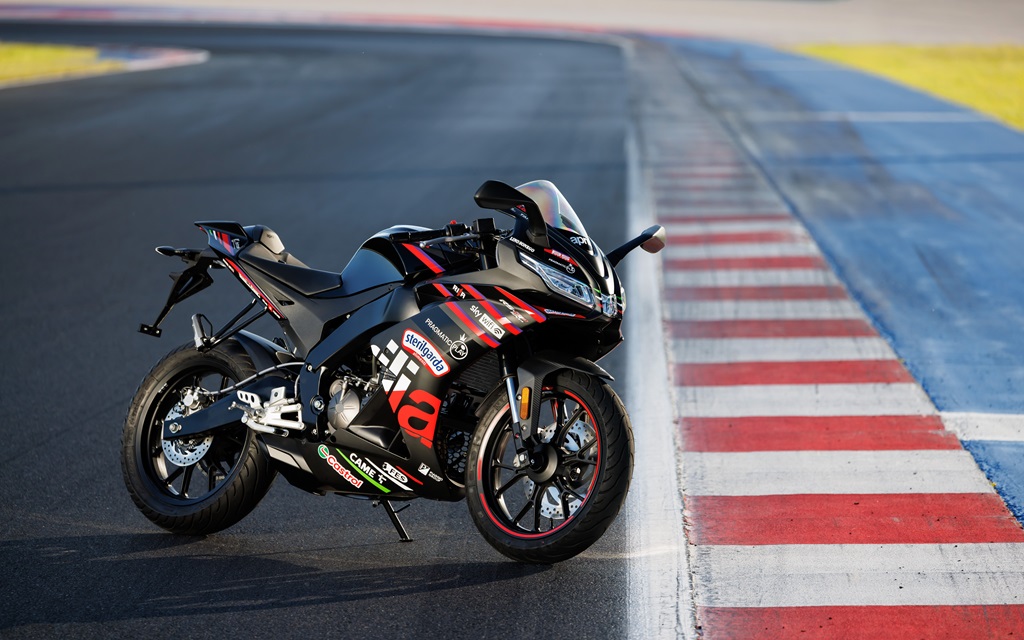The news reports have declared it a revolution in the making. It’s not hard to see why. On March 31st, Tesla announced the introduction of its “groundbreaking” Model 3 and, within 48 hours, almost 300,000 people — including 115,000 intrepid/demented souls who had braved snow, sleet and rain to huddle overnight in front of Tesla dealerships — had plunked down US$1,000 for what CEO Elon Musk promised would be a fully-capable US$35,000 luxury EV. Surely, this was no less than the age of the electric vehicle, long promised, finally delivered.
Or not.
Lost in all that Tesla fanfare is the fact that an electric car is still an impossibly hard sell. Take Tesla out of the equation and every single other EV is a monumental failure, sales of any EV not wearing a Tesla badge nothing short of dismal. Nor, as Musk acolytes like to contend, is this the result of any Tesla technological advantage. General Motors’s Bolt will be cheaper than the Model 3, offers the same range and will be available two to three years before all those fervent depositors even get a sniff of their Model 3. Yet, there are not lineups outside Chevrolet dealers. Nor is it simply the lure of a luxury nameplate. BMW is having so much trouble moving its i3 that it is leasing them state-side at a paltry US$163 a month, equivalent to a 32% cut in the manufacturer’s suggested list price. The truth of the matter is that Tesla’s success is wholly predicated on the charm of a charismatic salesman convincing the gullible — for nothing is more devoted than an environmentalist with too much disposable income — to buy a very expensive car that is significantly less convenient than their gasoline-fueled counterparts. More to the point — at least in a motorcycle magazine — is that electrically-powered two-wheelers are even more impractical, making even less sense than their four-wheeled equivalents.
Too harsh? Let’s look at few salient facts:
Electric vehicles, especially Teslas, are sold to two- and even three-car households. The sale of EVs to one-car households is virtually non-existent, even EV fanatics recognizing that — Supercharger recharging stations notwithstanding — their batteries may not always be practical for all their long-distance travel. So they almost always have a backup plan. And, as for the mantra that EV marketers first embraced — that their devoted owners would rent a gasoline-fueled vehicle for their long haul needs — it’s proven a complete non-starter.
What makes the electrified two-wheeler even more ill-thought-out is that, while the multi-vehicle household is a viable market for car companies, it is not even a blip on the motorcycle industry’s sales charts. Motorcycle manufacturers are having trouble enough selling one new motorcycle to their customer base; the concept of a market dependent on a sizeable demographic owning two or more motorcycles (for when their emissions-free Zero isn’t practical) is to doom electric motorcycles to, well, the pitiful sales they now enjoy.
The issue, of course, is range anxiety: the fear that your reach — how far your electric bike can travel before running out of electrons — will exceed your grasp — how far you’d actually like to ride. Actually, range anxiety is more complicated than that, it’s not only how far you can ride, but also, once you run out of electrons, how long it takes to recharge and get back on the road.
Take, for example, the Isle of Man TT Zero Challenge. In recent years, electric superbikes has garnered all manner of accolades — and deservedly so — for the speed they’ve shown around the 37.73 mile island circuit. From a barely creeping along 96.820 mile per hour average in 2010, performance has leap-frogged generations to the incredible 119.279 mph lap John McGuiness recorded last year on a Mugen. That’s within shouting distance of current 600-cc supersport machinery and a smidge faster than Joey Dunlop circulated The Mountain in 1984 aboard Honda’s fearsome RS500 two-stroke.
The problem is that they can only do it for one lap. And unlike, say, a superbike that might lose less than a minute on their refueling stop during the six-lap Superbike finale, their electrified equivalents are basically bricks after their one tour, with no hope of being recharged during a quick pit stop. Battery swapping? Oh, please, even the most unreconstituted enviroweenie has given that up as fairy tale (basically, all manufacturers would have to agree to use exactly identical batteries to make it practical).
Basically, the problem with electrically-powered motorcycles isn’t just that they have no range (Zero, for instance claims as much as 197 miles of range, but road testers struggle to get even 100 out of a single battery charge), it’s that they also take eons to recharge. A top-of-the-line Zero SR, for instance, takes about 10 hours to recharge on a typical 110-volt circuit, about two and a half hours if you pony up for the CAN.$2,584 quick recharging option. If that doesn’t adequately illustrate the range anxiety issues facing electric motorcycles, consider this: Britain’s Visordown magazine calculated it takes 10 minutes of recharging for a Brammo Empulse R to travel a measly five miles. By comparison, it takes about two seconds to pump enough gasoline into a Honda Gold Wing to travel the same distance.
Indeed, perhaps the best way to consider if you’re a candidate for an electric motorcycle is to think of it as a Harley Sportster with a tiny, “peanut” gas tank that you can only fill through a straw. Now imagine going for that leisurely Sunday morning ride hoping to get to Kelowna or Bracebridge or anywhere else more than 100 kilometres from your doorstep. That’s range anxiety.
